Q My family lives in a beautiful three-bedroom apartment on the first floor of an Upper West Side apartment building in Manhattan. Twelve months ago the co-op elected to begin a re-pointing project on the exterior of our building that we were told would last 3 months. Scaffolding was erected shielding our apartment from all natural light. It has now been 12 months and there is still no end in sight. We can not get a straight answer from our board as to when we can expect the scaffolding to come down. Not only do we have no light, but the scaffolding serves as an easy entry through our street side windows for any determined burglar.
Our concerns about safety have also been ignored by our co-op board. On top of all of this, we are now being told that not only are our maintenance fees about to increase, but we are also being assessed $10,000 to help rebuild our building’s reserves. Apparently this project is now costing an additional unexpected $500,000 that we are now being forced to help pay for.
It has come to my attention that in other New York co-ops, first floor residents are granted a break on their maintenance during the duration of erected scaffolding. Do you know where I could find any paperwork on these types of agreements? Also, is there any way for residents to fight co-op assessments?
—Sunless Shareholder
“In the instance where the scaffolding of the re-pointing project of the co-op has prevented natural light from entering an apartment on the first floor for a period of 12 months, it may be argued that such scaffolding may be detrimental to the health of the shareholder, possibly interfering with their warranty of habitability. In addition, when the scaffolding creates a security issue, the safety of the lessee is at risk and another element of the warranty of habitability maybe violated.
“Courts generally enforce this statute by awarding rent abatements. In a co-op, maintenance is classified as rent and such abatement would be applied to the lessee’s maintenance. The extent of the abatement is determined by weighing the severity of the breach, its duration and the lessor’s efforts to remedy the breach. The lessee should first approach the lessor for a reduction in maintenance for all or a portion of the time that the scaffolding has and will interfere with or have an impact on the lessee’s warranty of habitability. If the co-op declines to abate the maintenance, your only recourse is to start a lawsuit.
“Generally, the board of directors of a co-op has the authority to determine the ‘cash requirements’ of the co-op. This means that the board determines how much money the co-op needs for its operations, maintenance, improvements, etc. If the board finds that an item in the building is in need of repair or renovation, the board can determine that that item will be repaired and the cost of repair will be assessed to the shareholders. If the shareholders desire to challenge this assessment, they must read their proprietary lease and bylaws to see if they are afforded any authority to challenge the assessment. Some bylaws and proprietary leases will contain a clause stating that if an assessment exceeds a certain percentage of the prior year’s cash requirements, that shareholder vote is required to pass the assessment or that if the total assessment exceeds a certain dollar amount, that shareholder vote is also required.”




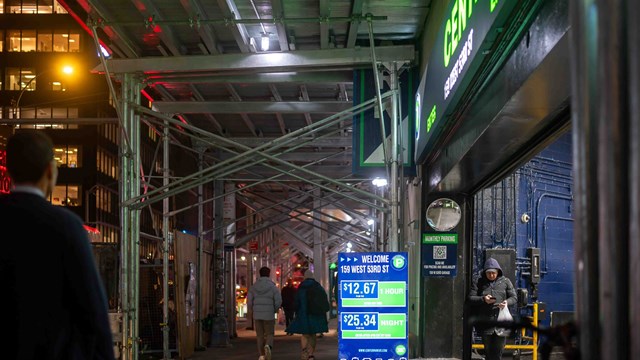
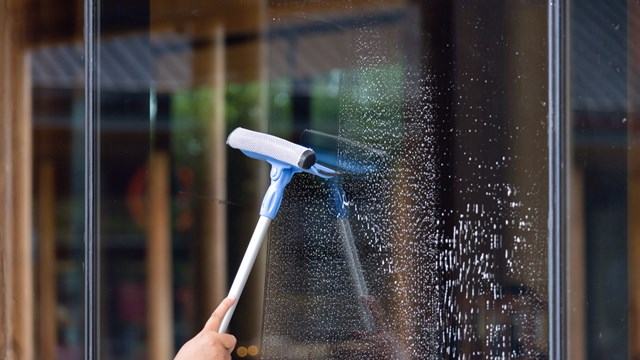
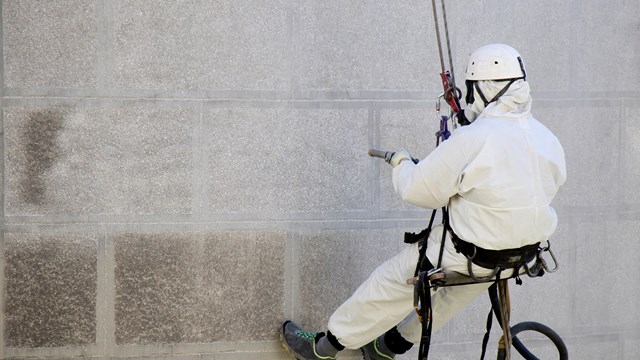
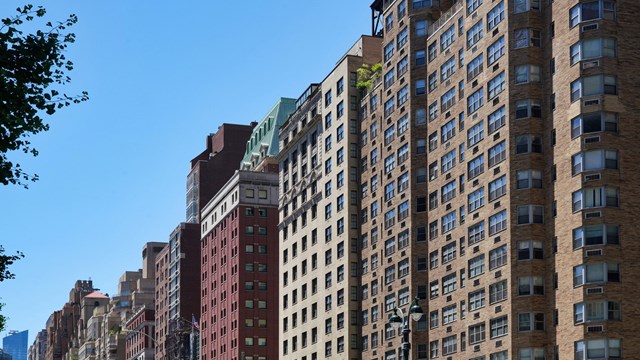

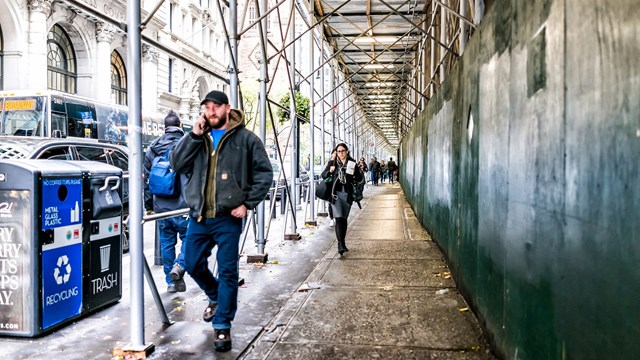
Comments
Leave a Comment